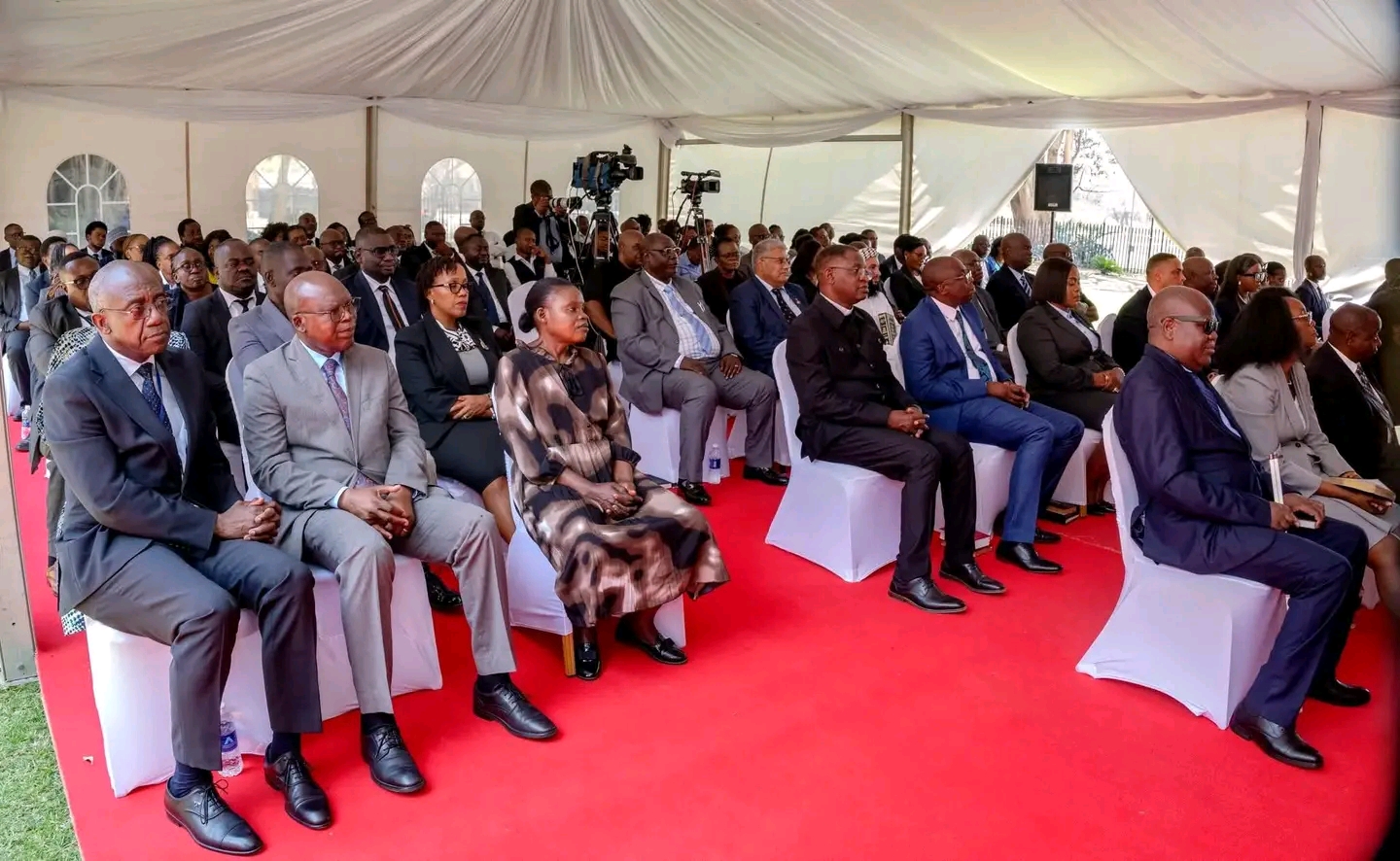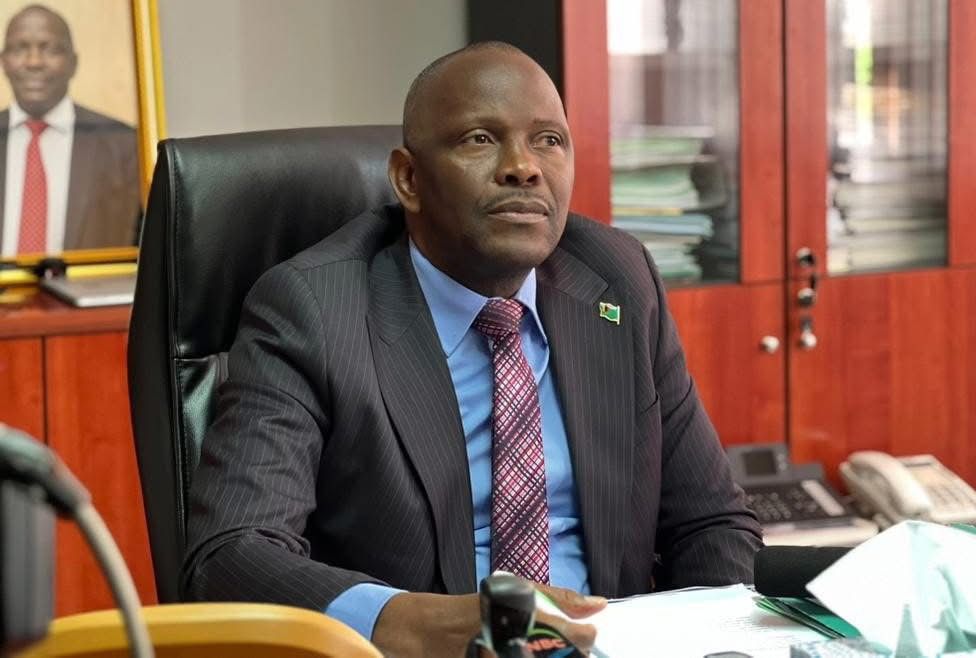THE Law Association of Zambia (LAZ), Non-Governmental Organisations’ Coordinating Council (NGOCC), three church mother bodies and the LCK Freedom Foundation have taken the State to the Constitutional Court, seeking to dismantle the entire Technical Committee on Amendments to the Constitution.
The petitioners argue that every act, consultation and draft Bill produced by the Committee is “unconstitutional, illegal, null and void.”
The religious bodies involved include the Evangelical Fellowship of Zambia (EFZ), the Council of Churches in Zambia (CCZ) and the Zambia Conference of Catholic Bishops (ZCCB), represented by Father Francis Mukosa.
Their petition is a sweeping challenge to President Hakainde Hichilema’s decision to establish the 25-member Technical Committee on October 2, 2025.
The petitioners contend that the Committee was created without constitutional or statutory authority, no gazetted legal instrument and in violation of binding principles set out in the landmark Munir Zulu judgment delivered in June 2025.
They argue that the President misapplied Articles 92(2)(f) and 92(2)(j) of the Constitution, acted outside executive authority and relied on “terms of reference” issued merely through a press release without legal backing, gazetted notice or enabling legislation.
The petition seeks a raft of declarations, including that the Committee lacks independence, mirrors the content of the deferred Bill No. 7 of 2025 and is part of an executive-led process designed to validate predetermined outcomes.
They want all acts, consultations, recommendations and any draft constitutional amendment Bill generated by the Committee quashed.
The petitioners further demand an order compelling Government to restart any future constitutional review only through an independent, transparent and people-driven process, anchored in law and consistent with the Munir Zulu ruling if the Constitutional Court
The dispute is from Justice Minister Princess Kasune’s March 2025 announcement of planned “non-contentious” amendments, including increasing constituencies, adjusting electoral procedures and enhancing representation for women, youth and persons with disabilities.
Bill No. 7 followed in May 2025, but public resistance grew amid accusations of limited consultation and opaque decision-making.
After widespread backlash, the President deferred the Bill in June, and the Constitutional Court later ruled that Government had acted unconstitutionally by attempting to amend the Constitution without wide consultations led by an independent body of experts.
Civil society groups condemned the new Technical Committee as a rebranded version of the same process the Court halted.
Monitoring organisations reported poor publicity, rushed timelines, inadequate procedures, and instances of “leading questions” during the Committee’s compressed 12-day nationwide consultations.
Kalemba, November 18, 2025





